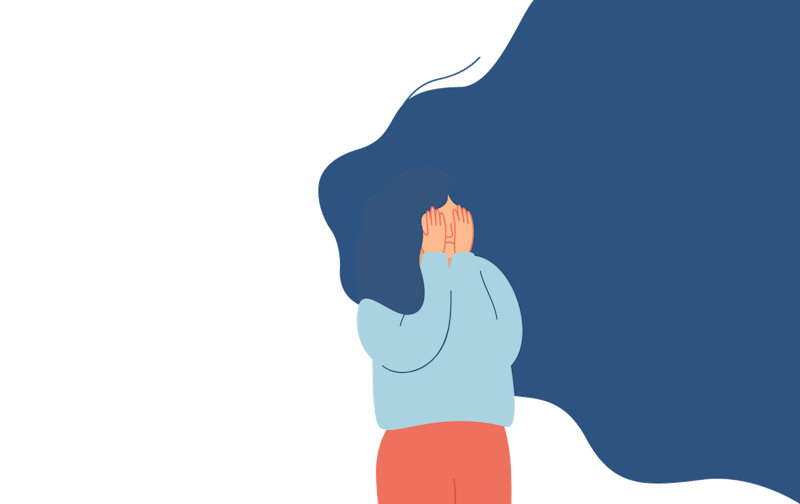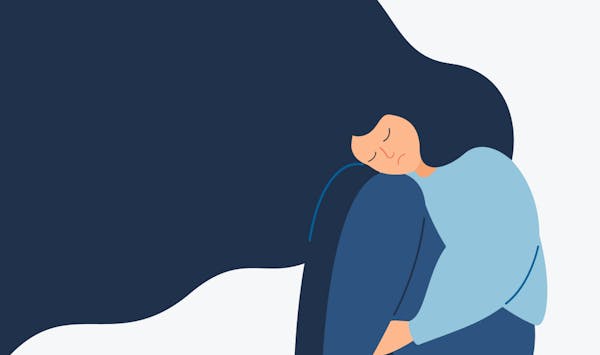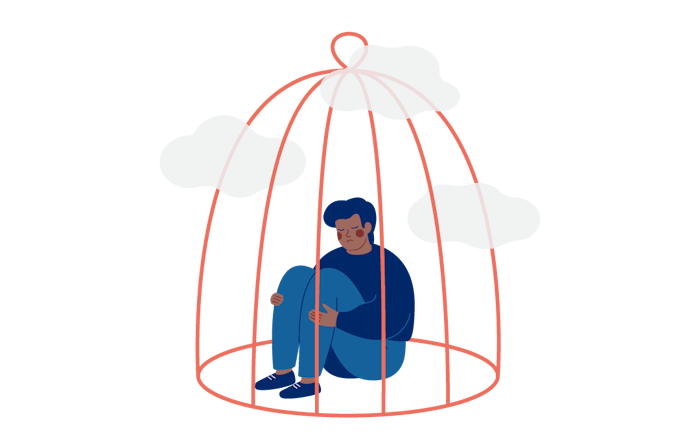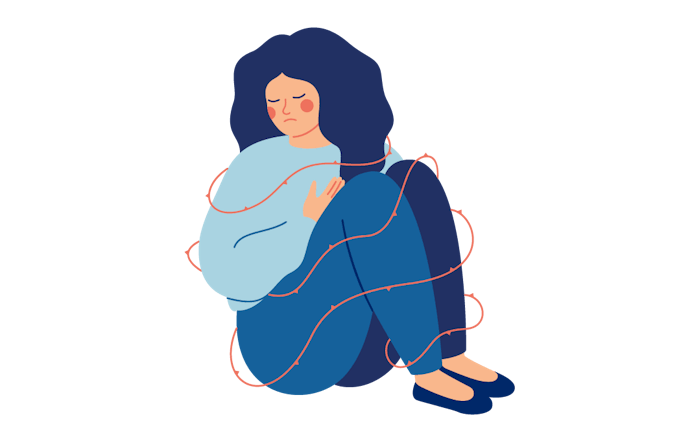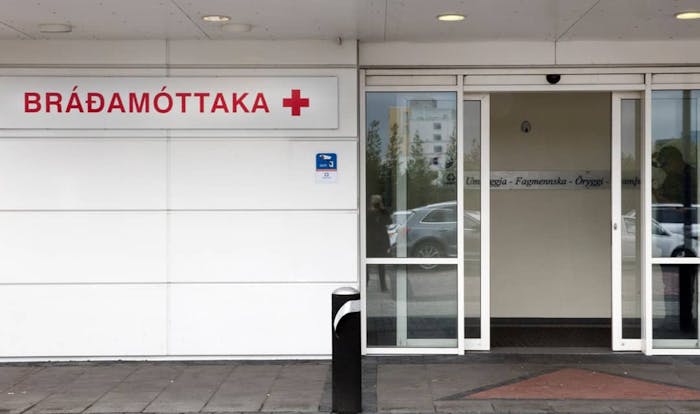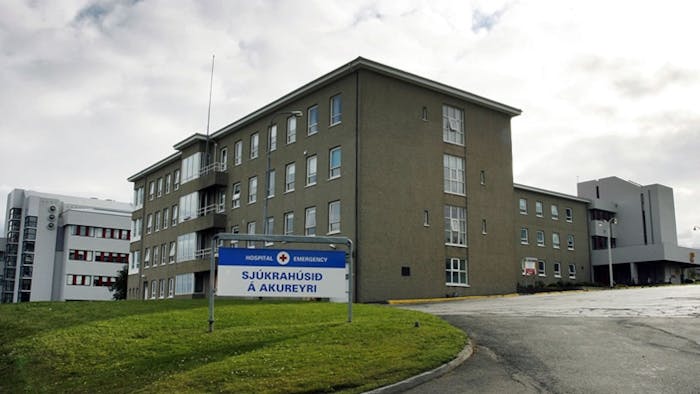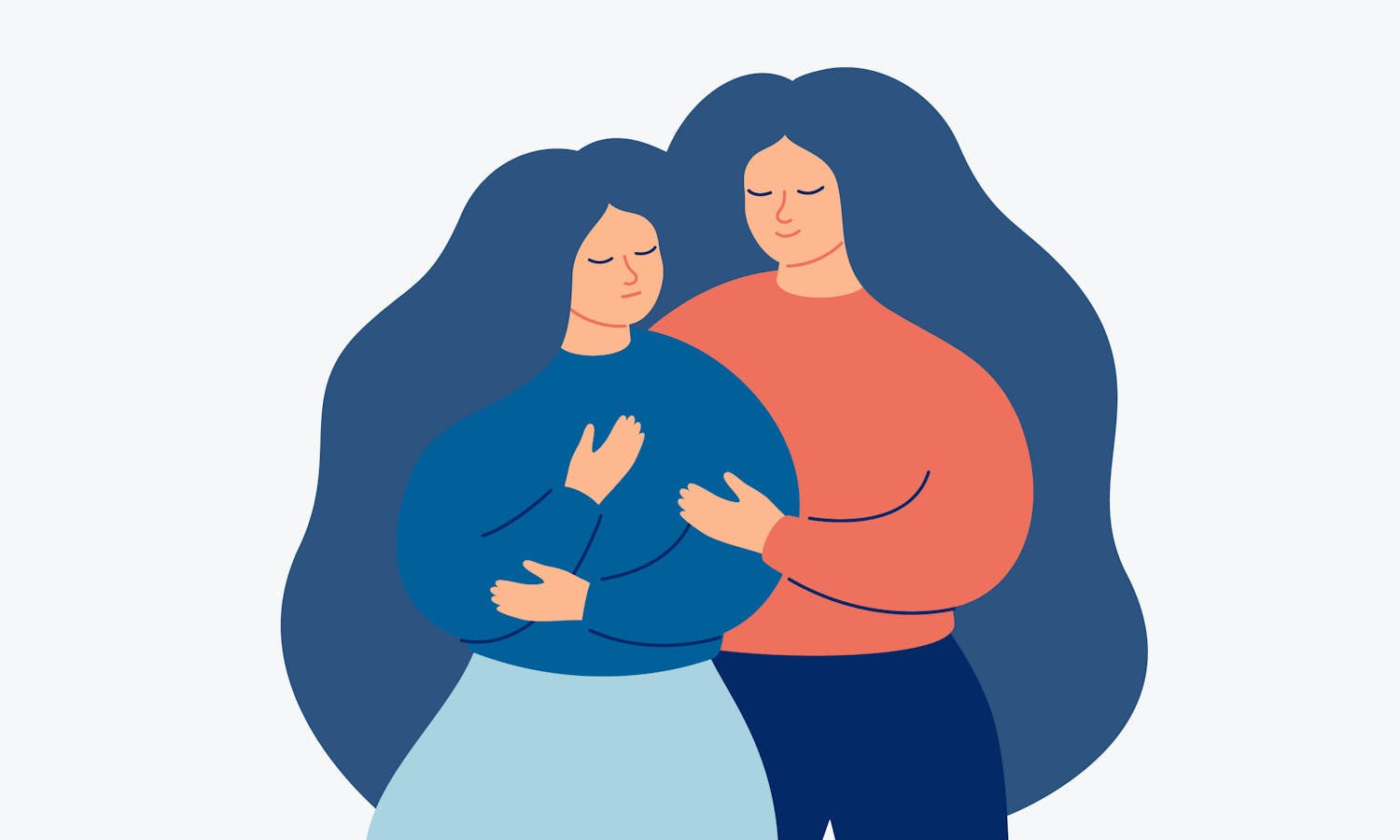Sexual coercion or harassment
If anyone coerces you to do something sexual it is sexual abuse. This could be intercourse, penetration or inappropriate touching. If anyone harasses you sexually with words or touching that is also sexual abuse. It does not matter if the person doing this is your spouse or partner. The majority of people who have been sexually abused know their abuser.
Sexual abuse can lead to post-traumatic stress disorder (PTSD), anxiety, and depression. People who experience sexual abuse are likely to feel ashamed, blame themselves, feel angry, experience fear, isolation and a negative self-image. Sometimes these consequences develop immediately but sometimes they surface later.
If you are sexually abused it is best to go as soon as possible to the hospital emergency room to get help for free. There you get an injury report which can be used if you decide to press charges.
Examples of sexual abuse are:
- Kissing and touching against your will or without your permission.
- Sexual harassment, like sexual expressions and words against your will or without your permission.
- Having sex with you when you are unable to say no. For example, if you are intoxicated, asleep or have experienced spiking.
- Mocking or threatening you if you don't want to engage in something sexual, like watching porn or inviting others to take part.
- To threaten you with showing others nude or sexual pictures of you.
- To pressure you into sending them nude pictures of you.
- Sending nude pictures to you without your consent.
- Rape or attempted rape.
- Sexual exploitation.
